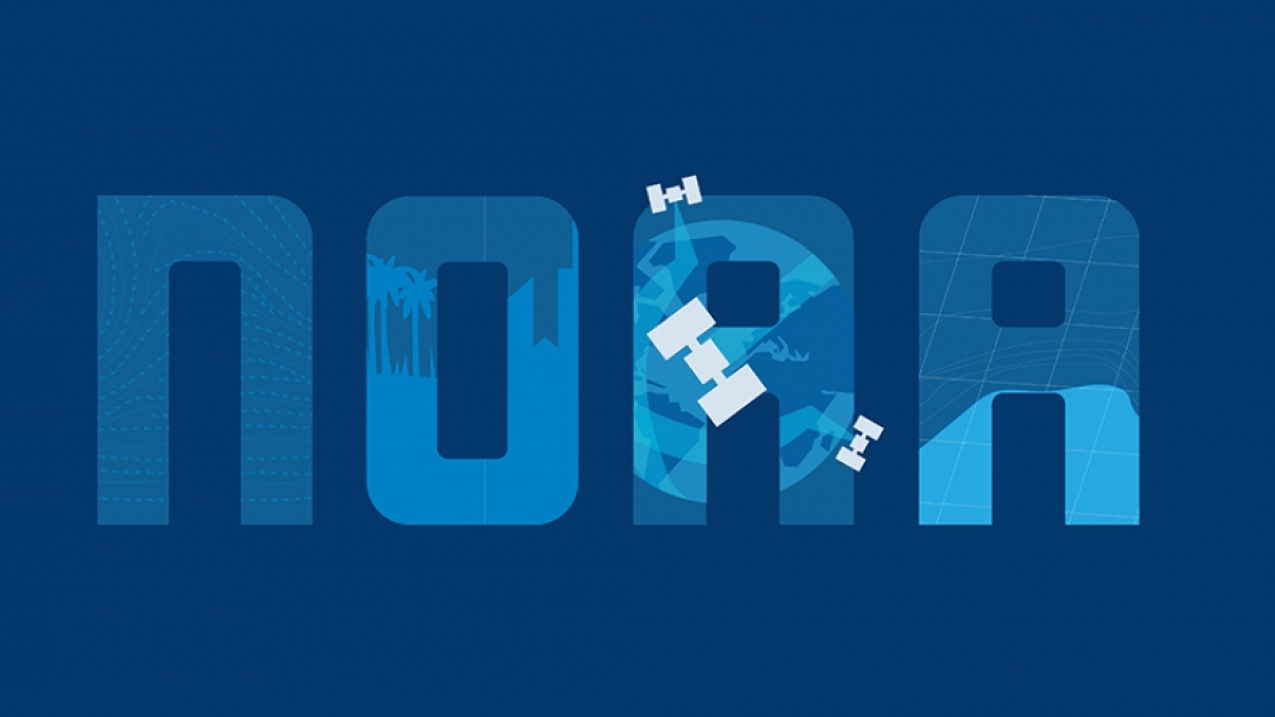Grants will increase diversity in future STEM workforce

Welcome to noaa.gov (Image credit: NOAA)
As part of NOAA’s continuing long-term commitment to ensuring a future NOAA workforce that is representative of the nation’s population, the agency has awarded grants of up to $30 million, over a five-year period, to two Historically Black Colleges and Universities: Florida A&M University and the University of Maryland Eastern Shore.
“Our nation’s HBCU’s are a precious resource that foster growth, opportunity, and ingenuity, serving as vital incubators for Black innovation and excellence,” said U.S. Department of Commerce Deputy Secretary Don Graves. “Earlier this month, President Biden issued a proclamation to honor and celebrate these critical institutions and these grants further that charge by supporting the next generation of HBCU scientists, researchers and engineers. I am hopeful that these bright minds will eventually find their way towards federal service and help ensure that agencies like NOAA continue to benefit from diversity and inclusion.”
“These grants will strengthen the federal workforce by promoting and advancing diversity, equity, inclusion, and accessibility,” said Rick Spinrad, Ph.D., NOAA administrator. “This funding will directly benefit students at minority serving institutions who we hope will join the future NOAA workforce and who will contribute to U.S. global economic competitiveness.”
NOAA’s ongoing partnership with Minority Serving Institutions (MSIs) is part of the efforts to provide opportunities for students from traditionally underserved communities. These awards provide NOAA the opportunity to train and recruit MSI graduates, who are an underutilized resource to advance America's competitiveness in science and technology innovation.
These awards, delivered through NOAA’s Educational Partnership Program with Minority Serving Institutions (EPP/MSI) Cooperative Science Centers at the two universities, will train and graduate students in coastal and marine ecosystems and in living marine resources science and management, which are core science fields for NOAA.
The award to the Cooperative Science Center for Coastal and Marine Ecosystems at Florida A&M University will increase the number of graduates with the skills and competencies necessary to support resilient coastal communities and economies.
“I must state first how much we welcome this opportunity to expand our ability to contribute to the well-being of coastal communities and ecosystems around the nation,” said Larry Robinson, Ph.D., president, Florida A&M University and principal investigator of the Center for Coastal and Marine Ecosystems. “Our deliberate engagement of underrepresented minorities in education, research and outreach will not only enhance diversity in the NOAA-related coastal and marine science and policy workforce, but also ensure that we stay attuned to the needs of our most vulnerable populations as solutions are developed."
The award to the Cooperative Science Center for Living Marine Resources at the University of Maryland Eastern Shore will provide education, research, and training to students in areas relevant to the NOAA Fisheries mission as well as to NOAA’s healthy oceans research and management priorities.
“We are absolutely excited about this new Center award, and are deeply grateful to NOAA for its continued confidence in this endeavor,” said UMES President Heidi Anderson, Ph.D. “This investment will be invaluable in enabling the University of Maryland Eastern Shore together with its partner institutions to build on its excellent record of training and graduating a diverse future STEM workforce, particularly in marine and fisheries science."
Since 2001, NOAA’s EPP/MSI Cooperative Science Centers have awarded 2,135 post-secondary degrees to students in NOAA mission-related STEM, natural resource management, and policy fields with funding support from the agency. An additional 258 students are currently pursuing degrees through these programs. Upon graduation, EPP/MSI-supported students are qualified to join the STEM workforce at NOAA, other natural resources and environment agencies, academia, the private sector, and non-governmental organizations.
These awards have also supported capacity building in NOAA-mission sciences at EPP/MSI centers. Since 2003, EPP center institutions have supported 35% of the PhDs earned by African American graduates in marine science and 30% of the PhDs earned by African American graduates in environmental sciences, as well as 39% of the PhDs earned by Latino graduates in marine science, and 19% of the PhDs earned by Latino graduates in environmental science.
The goal of NOAA’s EPP/MSI is to increase the number of students, particularly from traditionally underrepresented and historically excluded communities, who are educated and graduate in science, technology, engineering, and mathematics, natural resource management and policy fields that directly support NOAA’s mission. These awards also provide NOAA’s subject matter experts as student mentors. Additionally, NOAA employees engage in substantial collaboration and engagement in research and professional development to ensure EPP/MSI graduates are ready to join and contribute to the future workforce in career paths aligned with the NOAA mission.
Media contact
Chris Vaccaro, christopher.vaccaro@noaa.gov



